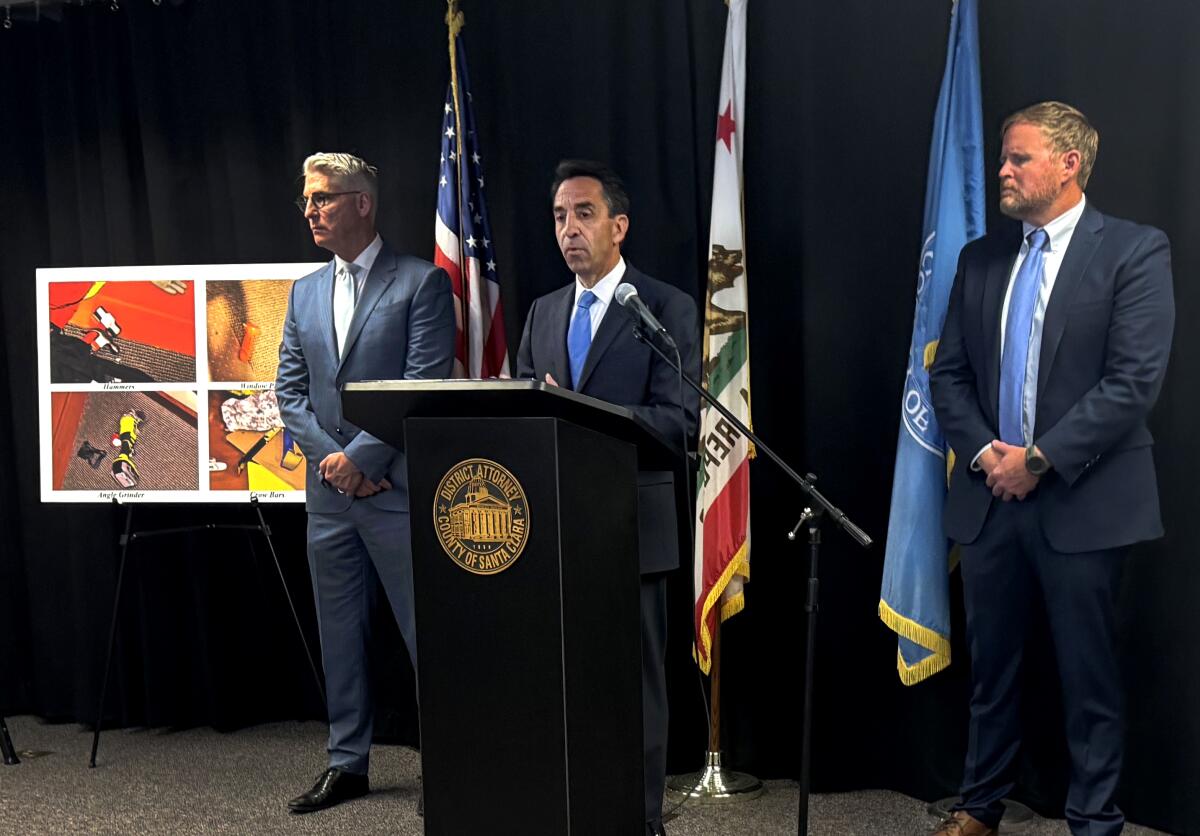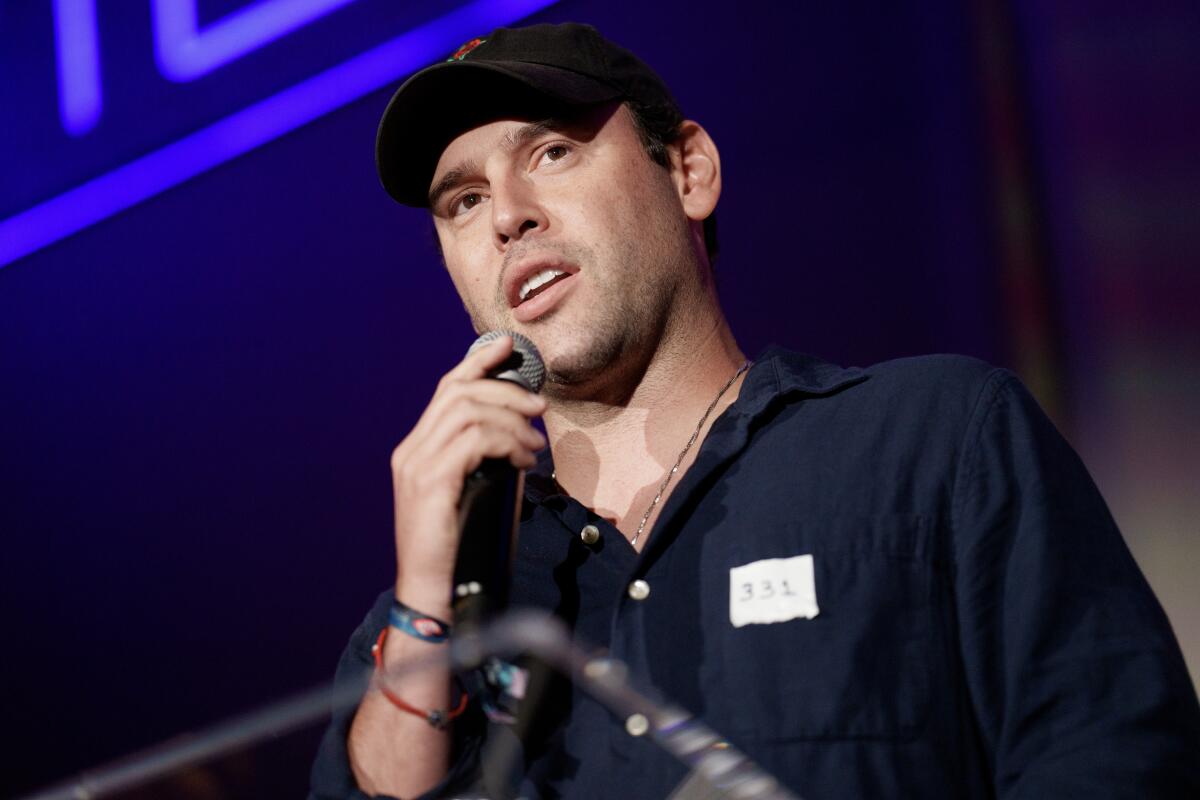BEIJING: Top US diplomat Antony Blinken faces tough talks in China this week, as Washington ramps up pressure on its main rival on everything from defence to the economy ahead of the election.
The United States and China are on paper rebuilding ties following a meeting between Joe Biden and Xi Jinping in San Francisco last year.
But the world’s two biggest economies remain deeply at odds over trade, technology, Taiwan and the Ukraine war.
“Blinken’s trip is not going to be an easy task,” Wu Xinbo, director of the Center for American Studies at Fudan University in Shanghai, told AFP.
For China, chief among the issues are trade and the economy.
The United States has in recent weeks ramped up pressure on China, with Biden calling for a hike in steel and aluminium tariffs on Beijing as he courts blue-collar voters in the lead-up to the election in November.
The US government earlier this month also announced it was launching a probe into China’s trade practices in the shipbuilding, maritime and logistics sectors, prompting a furious reaction in Beijing.
And while Biden said there was no trade war with Beijing, China sees US efforts to curb its industrial production as tantamount to just that.
“Stability in the relationship is, in some concerning ways, illusory,” said Jake Werner, from the East Asia Program at Washington’s Quincy Institute.
Treasury Secretary Janet Yellen has also refused to rule out penalties against China for industrial overcapacity — with Beijing’s subsidies leading to excess production, driving export prices down.
“Beijing views this expansion of controls as emblematic of America’s efforts to constrain China’s rise,” said Ryan Hass, a Brookings Institution scholar on China.
This month, a US congressional committee accused Chinese authorities of “directly” subsidising the manufacture and export of ingredients used to make fentanyl — a synthetic painkiller behind a US overdose epidemic.
On Tuesday, the US Senate approved legislation requiring TikTok to be divested from its Chinese parent company ByteDance or be shut out of the American market.
US and other Western officials have voiced alarm over the popularity of TikTok with young people, alleging it allows Beijing to collect data and spy on users. It has 170 million users in the United States alone.
These critics also say TikTok is subservient to Beijing and a conduit to spread propaganda. China and the company strongly deny these claims.
“Negotiations during Blinken’s visit will be held in a very tense atmosphere,” said Lyu Xiang, an expert in Sino-US relations at the Chinese Academy of Social Sciences (CASS).
“Can China give up development (to ease US fears)? It’s impossible”, Lyu added.
Blinken, on his second trip in less than a year to China, has also accused Beijing of fuelling the Ukraine war by supplying components to Russia which it uses for its military expansion — claims Beijing condemned Tuesday as “groundless”.
US officials have described a major push by China that has helped Russia carry out its biggest militarisation since Soviet times.
“If China purports on the one hand to have positive, friendly relations with Europe and other countries, they can’t be fuelling on the other hand what is the biggest threat to European security since the end of the Cold War,” Blinken said last week.
But Washington also hopes Blinken can persuade China to leverage its influence with Iran to contain the fallout from the Israel-Hamas war.
Beijing however has repeatedly insisted that it is on Washington to push Israel to agree to a ceasefire — and is worried itself about Washington’s military alliances in Asia.
Lyu called a recent joint statement between Japan, the Philippines, and the United States “the most hostile political statement against China since the end of the Cold War”.
Also on the list is the perennial source of disagreement Taiwan, a self-ruling democracy claimed by Beijing, with China angered by US arms sales to Taipei.
Biden and Xi’s meeting in November sparked a wave of official optimism, but Fudan University’s Wu said that since then, Beijing feels that Washington has “failed to act quickly” to address China’s concerns.
“The US side thinks that as long as things are stable and not too turbulent, it’s OK,” Wu said.
“The Chinese side thinks that just stabilising the relationship is not enough.” – AFP

